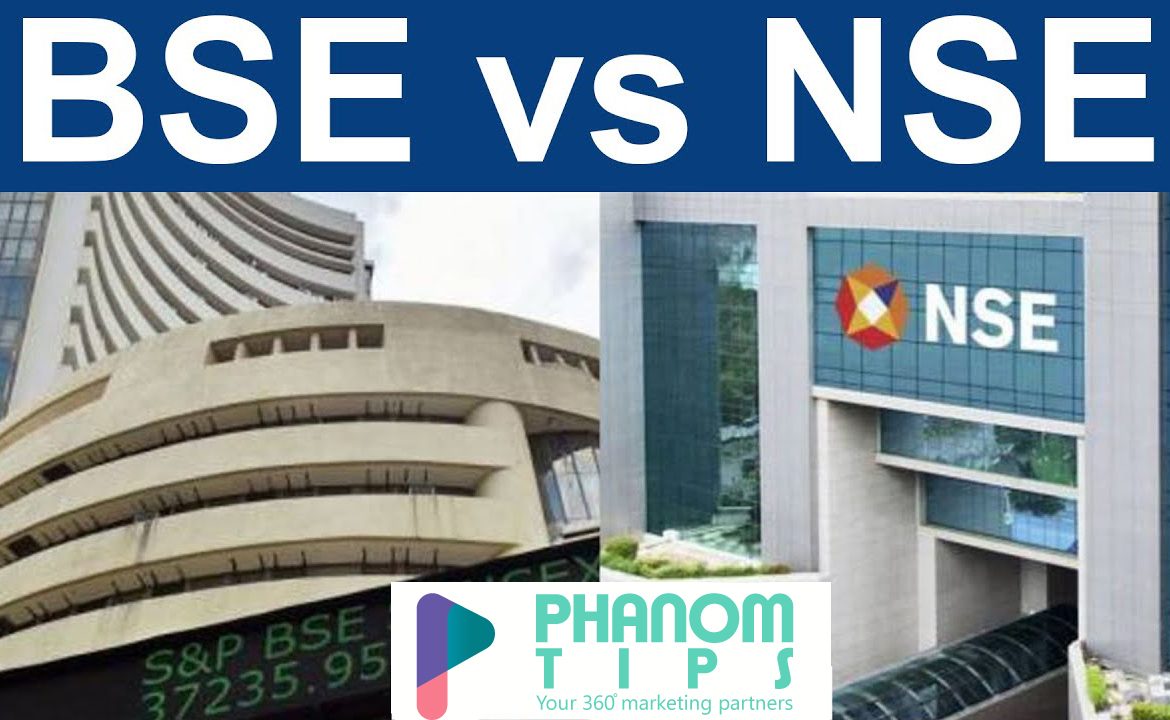
By tips_phanomp
How to understand BSE and NSE?
The Bombay Stock Exchange (BSE) and the National Stock Exchange (NSE) are the two major stock exchanges in India. Both BSE and NSE provide a platform for investors to buy and sell securities such as stocks, bonds, and mutual funds. Understanding these stock exchanges is essential for anyone looking to invest in the Indian stock market. In this article, we’ll take a closer look at BSE and NSE and how they work.
- What is BSE? The Bombay Stock Exchange (BSE) was established in 1875 and is Asia’s first stock exchange. It is located in Mumbai, India and is the oldest stock exchange in India. The BSE has over 5,500 listed companies, making it one of the largest stock exchanges in the world.
- What is NSE? The National Stock Exchange (NSE) was established in 1992 and is located in Mumbai, India. It is India’s largest stock exchange in terms of market capitalization and trading volumes. The NSE has over 1,600 listed companies.
- How do BSE and NSE work? Both BSE and NSE operate in a similar way. They provide a platform for investors to buy and sell securities. Investors can place orders to buy or sell stocks through brokers who are registered with the stock exchange. The stock exchange matches the orders from buyers and sellers and executes the trades. This process is known as trading.
- Trading hours BSE and NSE have the same trading hours, which are Monday to Friday from 9:15 am to 3:30 pm. The stock exchanges are closed on weekends and public holidays.
- Indices BSE and NSE both have their own indices that track the performance of the stock market. The BSE Sensex is the benchmark index of the BSE, and it tracks the performance of the top 30 companies listed on the BSE. The NSE has its own benchmark index, known as the Nifty 50, which tracks the performance of the top 50 companies listed on the NSE.
- Types of orders Investors can place different types of orders when buying or selling stocks on the BSE or NSE. The most common types of orders are market orders, limit orders, and stop-loss orders. A market order is an order to buy or sell a stock at the current market price. A limit order is an order to buy or sell a stock at a specific price or better. A stop-loss order is an order to sell a stock when it reaches a specific price.
- Settlement process The settlement process is the process of transferring securities and funds between the buyer and seller after a trade has been executed. BSE and NSE follow a T+2 settlement cycle, which means that the settlement of trades happens two working days after the trade date. During this time, the stock exchange verifies the trades and settles the transactions.
In conclusion, BSE and NSE are the two major stock exchanges in India. Both exchanges provide a platform for investors to buy and sell securities. Understanding how these stock exchanges work is essential for anyone looking to invest in the Indian stock market.
